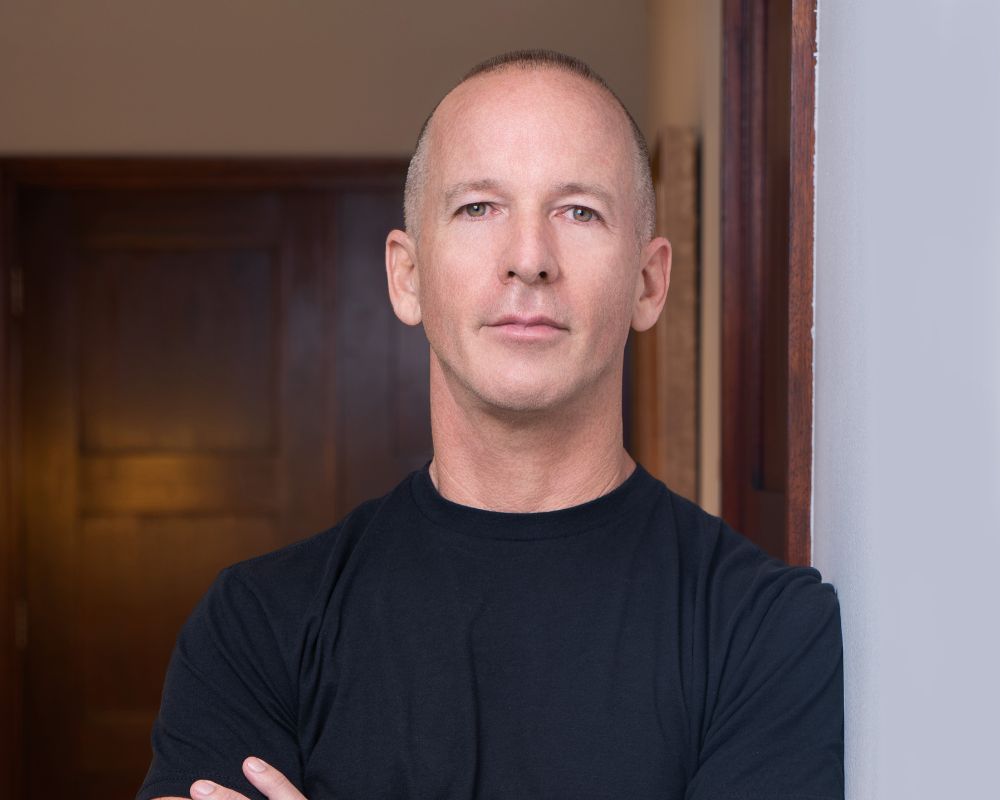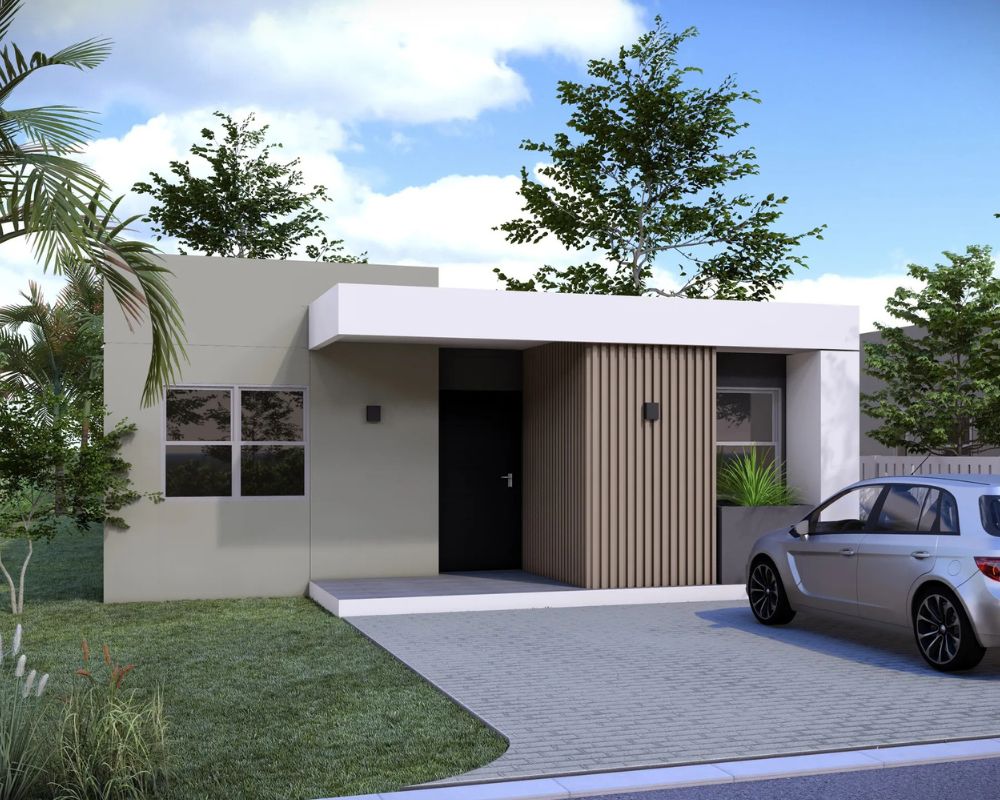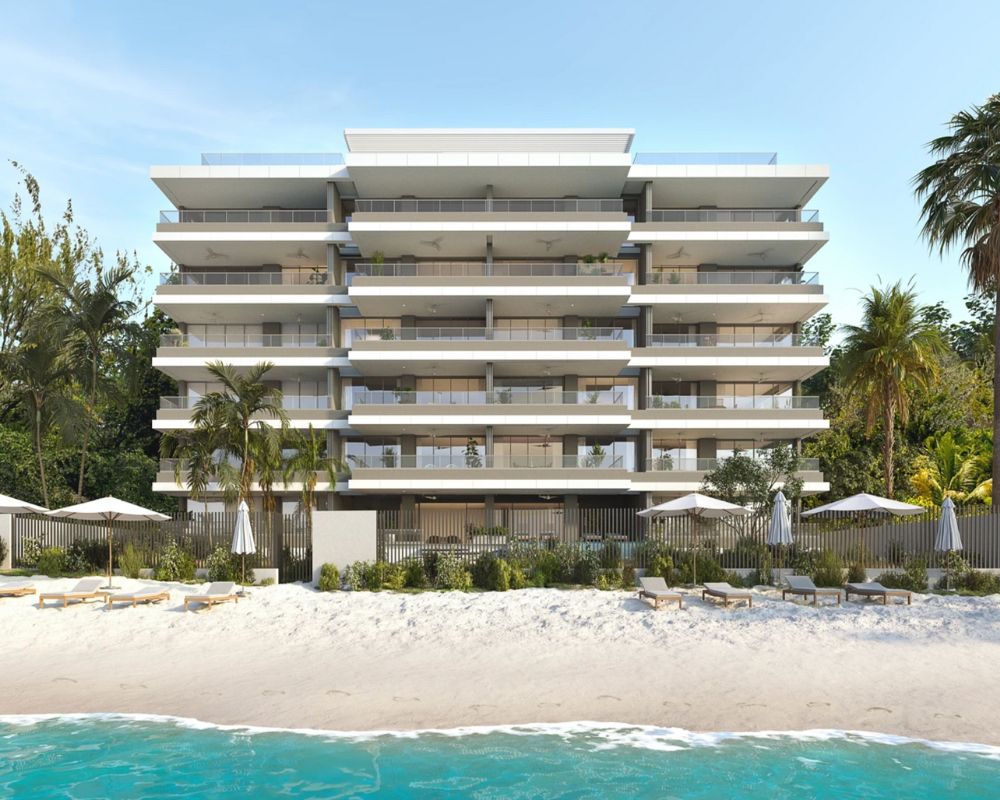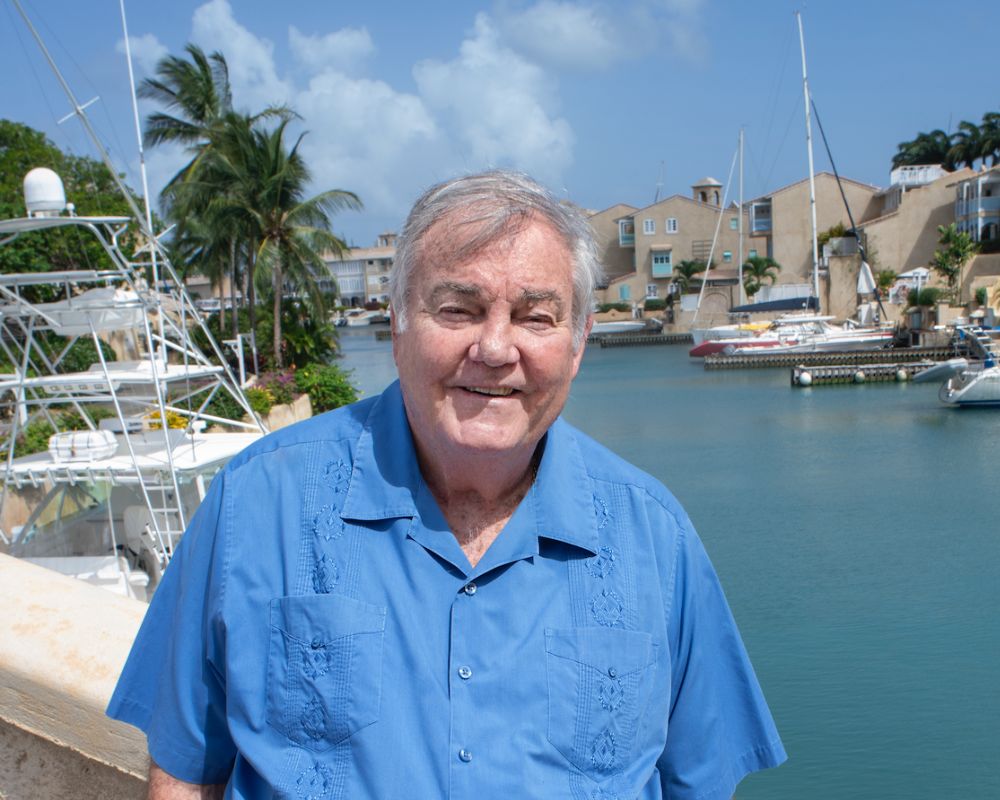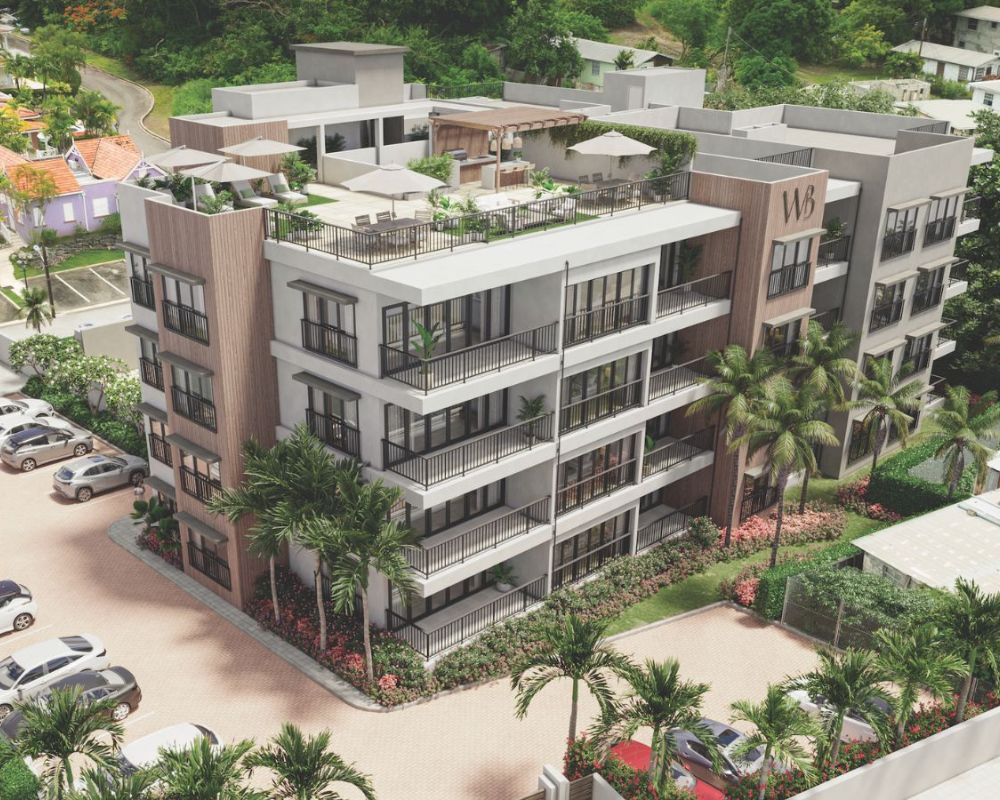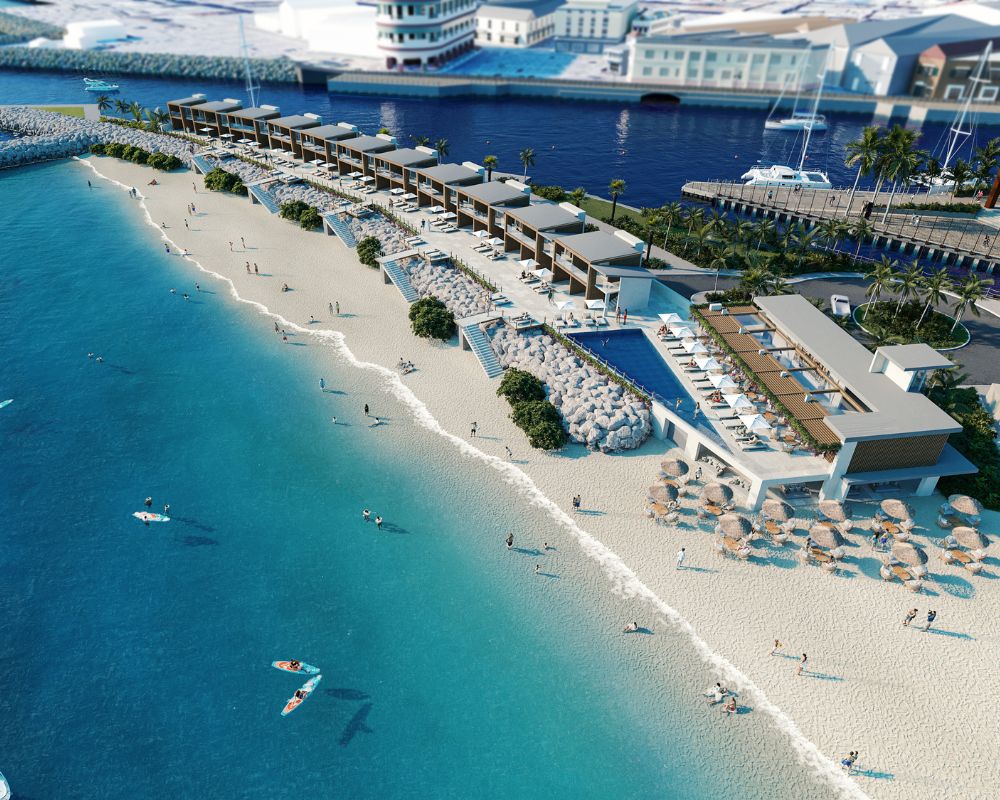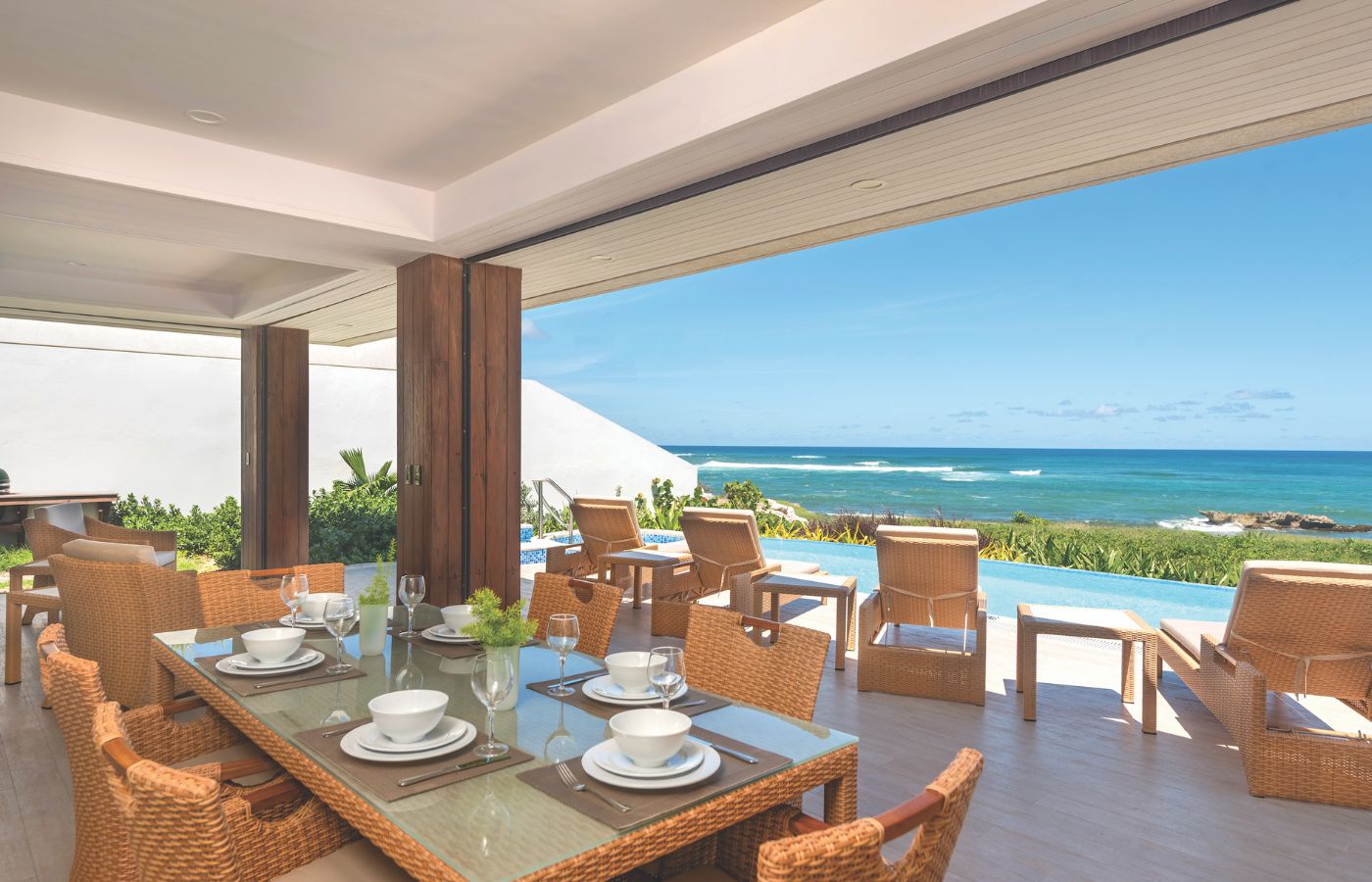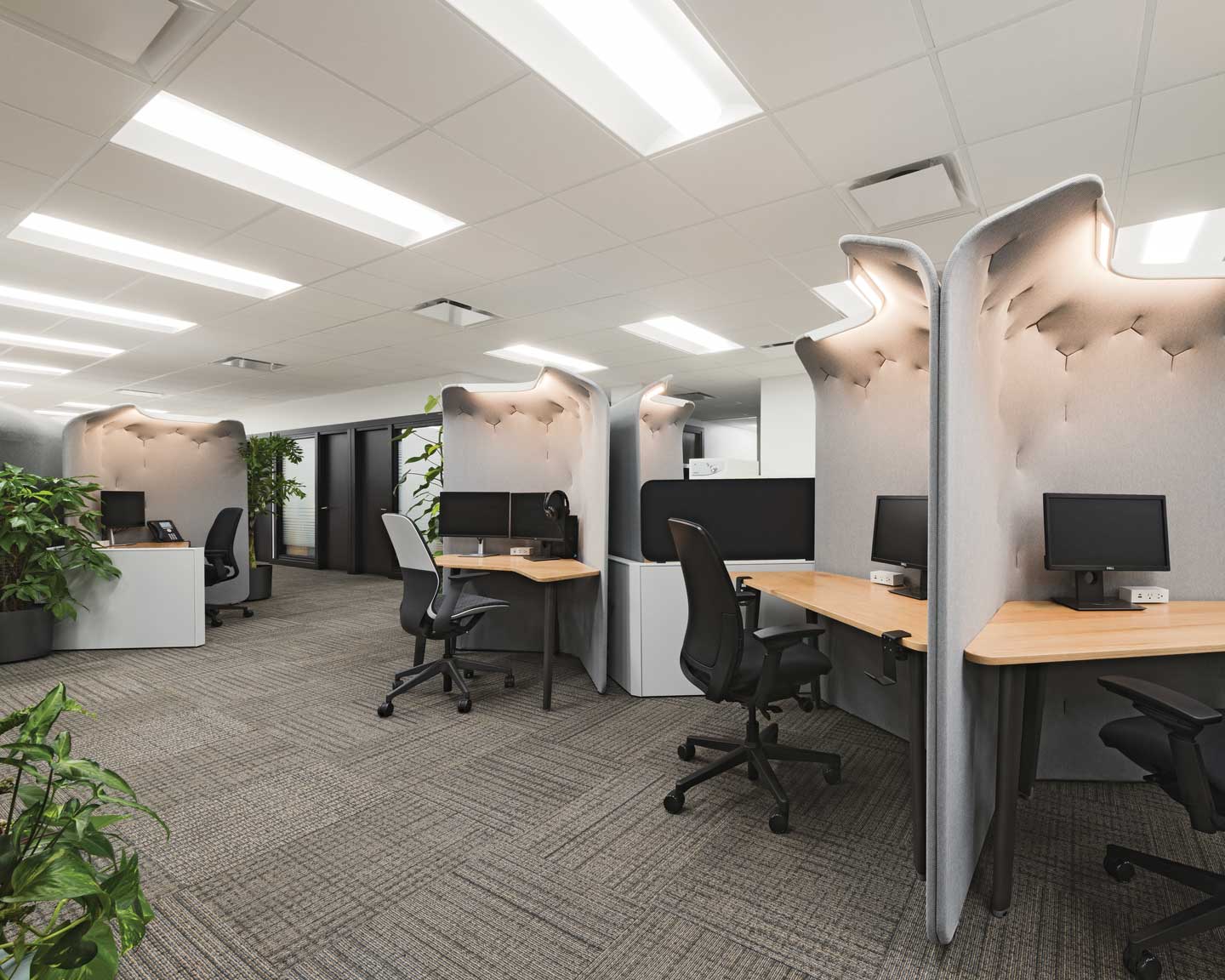-28.jpeg)
Barbados is a global leader in sustainable and environmentally sensitive practices. Our Prime Minister, Mia Mottley, has carried out pioneering work at numerous COP meetings and presentations to the UN regarding the impact of climate change on vulnerable small island states, particularly those dependent on tourism. The ‘Bridgetown Initiative’ adopted at COP 27 provides for “loss and damage” funding for vulnerable countries hit hard by climate disasters.
The Barbados government’s ‘2030 Promise’, which is included in the National Energy Policy, sets out a goal of having the country’s national electricity grid powered entirely by renewable energy sources by 2030. And this is no vague promise. The island’s electricity utility, Barbados Light & Power Company (BL&P), which is Canadian-owned, has committed to a goal of 100% transition to renewable energy and has itself invested in large wind and solar farms on the island. In addition, many private individuals have sought planning consent for solar farms, with many currently in operation or under construction. One of the largest companies on the island, Williams Industries, has pioneered the issuance of bonds to the public to fund its renewable energy installations.
The economics of solar are excellent, as the ‘buy/sell’ arrangement with BL&P provides for a higher dollar rate payable by BL&P to private providers of electricity to the grid than the rate payable to BL&P by its customers for electricity consumption. These net returns provide excellent yields to private individuals and corporate bond holders. The public have embraced the opportunities to invest.
Recently Barbados announced its intention to set up a Green Bank, with funding from the international ‘Green Energy Fund’. The Green Bank will fund initiatives in housing, transportation, water and energy. These are four of the seventeen Sustainable Development Goals agreed by the United Nations member countries in 2015.
Barbados has long been a global leader in domestic solar power generation – approximately 90% of homes heat their water tanks from roof mounted solar panels. The island is also a pioneer in the operation of a desalination plant which converts sea water into potable water.
The custodian of environmental protection for new development rests with the Environmental Protection Department, which applies robust policies to all new development and their policies are embedded in the conditions attached to every planning consent.
Barbados is also a global leader in the management of municipal waste. Sustainable Barbados Recycling Centre (SBRC) is the most advanced waste processing facility in the English-speaking Caribbean and processes all of the island’s waste to separate toxic waste and recyclable waste to minimize the requirements of the landfill. The next step is to convert the waste to energy, which is a goal which is yet to be achieved.
-38.jpeg)
What does this mean for the future of development in Barbados?
Clearly Barbados practices robust environmental and sustainability environmental policies (ESG’s and SDG’s) and this adds to its appeal as a place to aspire to live. The sensitivity of visitors to the island to these changes cannot be underestimated. Especially so, in the development community. So, what is trending in the property development world?
Well, the first thing to note is that the interests of developers and buyers are aligned. We are seeing a sea change in the attitudes of buyers of residential homes. Customers are demanding ethical, low resource, energy efficient homes, and developers who recognize that fact are winning the battle in the marketplace. Customers are not only embracing green technologies, they have become critical to their choices.
Buyers want to know that their homes are built from sustainable products and that the home is energy efficient.
Development led demand
Leading-edge design solutions include:
• Collection of roof and hard surface run off water for use in irrigation
• Solar heating of hot water
• Roof and glazing solutions which minimize heat gain and thereby reduce energy consumption
• Energy management systems
• LED lighting
• Low flush toilets
• Sensor activated light and air conditioning systems
• Waste sorting and management systems
• Electric vehicle charge points - Barbados has one of the highest per capita rates for electric vehicles in the world.
The new developments in Barbados embrace these technologies and recognize the demand for a more holistic experience. A good example is the reincarnation of the Apes Hill Golf and Resort community. As well as being an environmentally sensitive development, it offers ‘farm to table’ cultivation to its home-owners, not just as a source of supply but for its homeowners and guests to practice. They have recognized the demand from their clientele for a more holistic lifestyle, which allows them to interact with nature more than they do in their principal domicile. And it is showing in the success it has had in the second home market in a very short space of time, with Apes Hill being the market leader over the last twelve months.
So, if you are looking for an ethical choice in where to live and recreate, it is hard to beat Barbados.
Property Consultancy Services Directory Listing





.avif)


